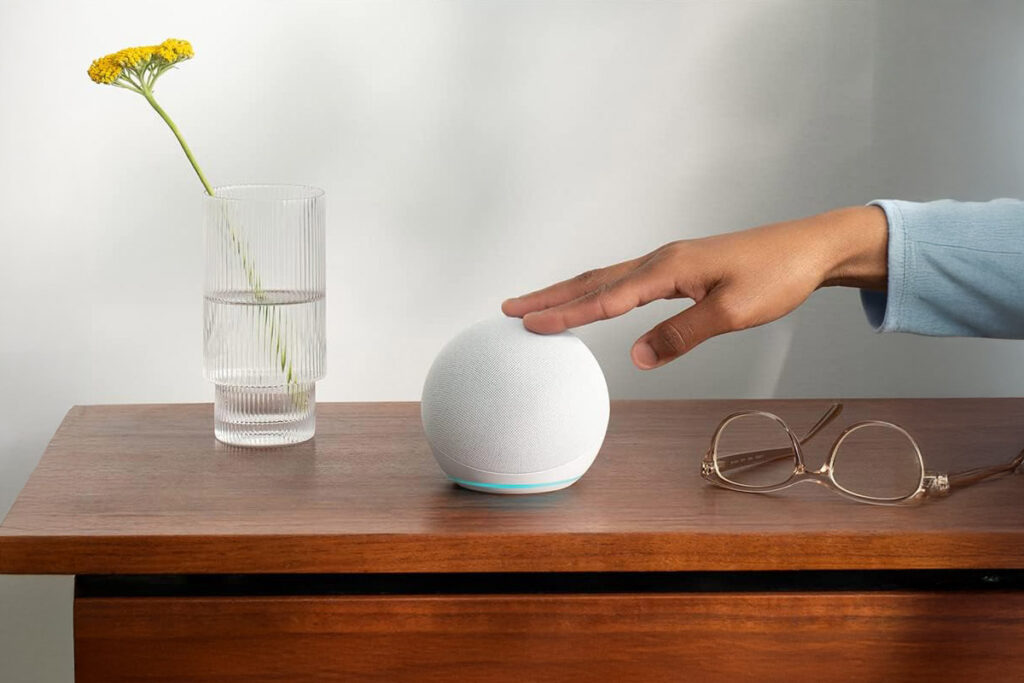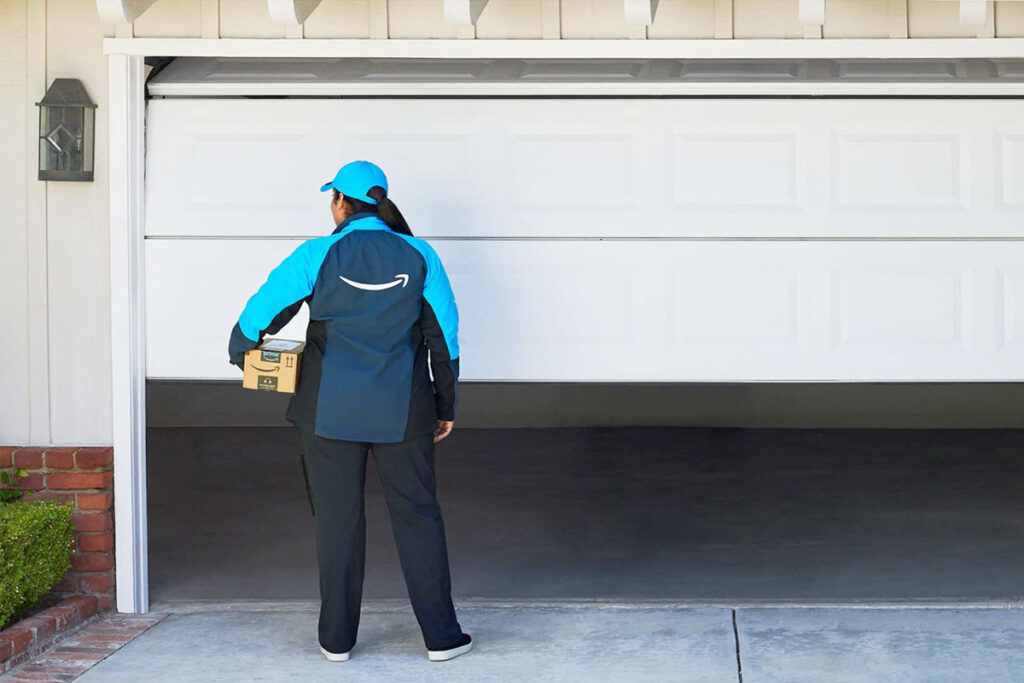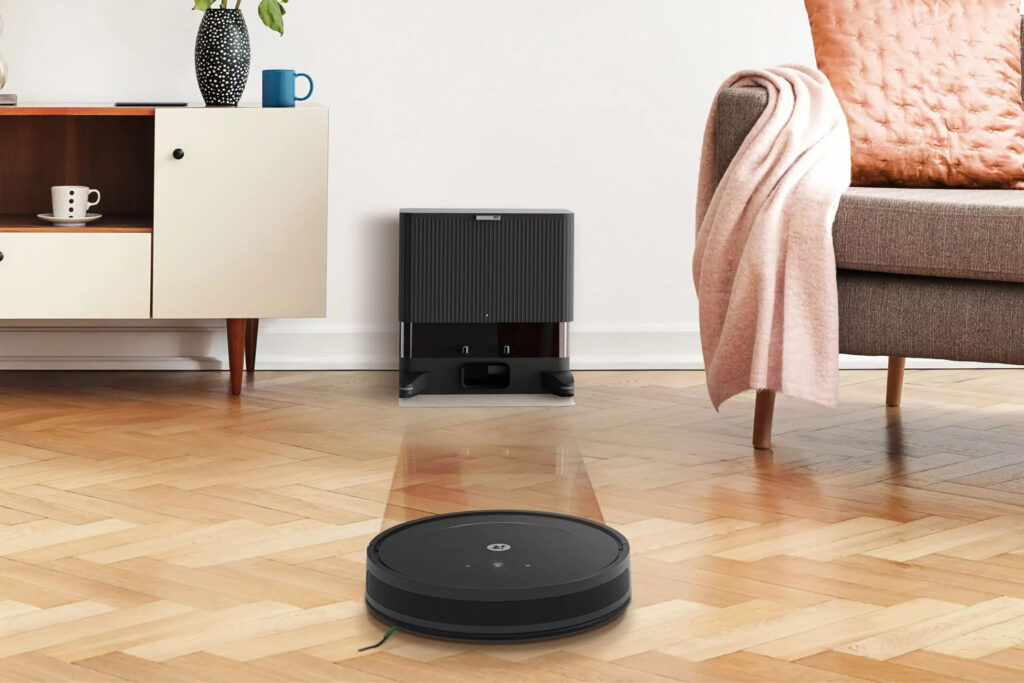Zigbee is a popular wireless data-transfer protocol used in smart devices such as lightbulbs and power outlets. It allows these appliances to work seamlessly without consuming too much energy.
While Zigbee is quite popular, SwitchBot uses another protocol called Bluetooth low energy (BLE) in its products. Similar companies, however, are compatible with ZigBee.
Key Points
Zigbee is a popular wireless data-transfer protocol used by many companies in their smart home appliances.
Despite that, SwitchBot opts for a different protocol called Bluetooth low energy (BLE). ZigBee is used by companies such as Siemens, Samsung, and Sony.
Does SwitchBot Use ZigBee (Or Are There Similiar Companies That Do)?

SwitchBot does not use Zigbee. Instead, it uses a protocol called Bluetooth low energy (BLE). While SwitchBot devices are not compatible with Zigbee hubs, for example, there are similar companies that do offer this kind of compatibility.
👉 Related reading: SwitchBot Camera Makes Loud Clicking Noise
Which Companies Use Zigbee?

According to Ubisys Technologies, there are more than 600 international companies that use the Zigbee protocol in their smart devices. Some of the most popular includes:
- Siemens
- Philips
- Bosch
- Samsung
- Sony
Zigbee is present in many smart home devices from these companies, such as the Wi-Fi routers and hubs from Siemens, the famous Philips Hue smart lightbulbs and lighting solutions, and motion detectors from Bosch. It has been widely used since the 2000s.
One of the greatest benefits of setting up a Zigbee network in your home is that all of these devices can connect and exchange data despite being from different companies, making your system much more convenient to manage. This is done by using a Zigbee hub.
What is the ZigBee Protocol?

Zigbee is a wireless communication protocol designed for use in personal networks. Apart from home automation, it is also used in low-power digital radios and medical devices. The protocol was conceived in 1998 and standardized in 2003.
The main goal of Zigbee is to offer a more affordable option for data transfer compared to wireless and Bluetooth. Since smart devices only require low-rate data transfer, the costs, and energy usage can be greatly reduced by using Zigbee.
What are the Advantages of Using ZigBee?
Apart from the already mentioned reduced costs and energy usage, a big advantage is that you can connect smart appliances from different compatible brands to a single ZigBee hub.
What is the Bluetooth Low Energy Protocol Used by SwitchBot?

The Bluetooth low energy protocol (BLE), used by SwitchBot, has some similarities to Zigbee. It is also a protocol designed not only for home automation but for a wide range of uses, including but not limited to:
- Computers
- Smartphones
- Smart watches
- Bluetooth and car speakers
- Small Radio Transmitters
- Smart home devices
It is likely that the computer or smartphone you're using is compatible with BLE, for example.
Compared to the standard Bluetooth protocol, BLE aims to reduce power consumption and component costs in situations where a low-rate data transfer is preferable.
👉 Related reading: What Are the Press Switch Modes on SwitchBot?
Frequently Asked Questions
Which One is Better: ZigBee or BLE?
The most important thing to keep in mind while choosing a protocol, however, is compatibility.
Are There Smart Devices That Support Both Zigbee and BLE?
👉 Related reading: SwitchBot Lock Magnet Guide
Conclusion
As you can see, SwitchBot does not use Zigbee, opting for Bluetooth low energy (BLE) instead. This means that SwitchBot devices will only be compatible with BLE devices, and vice-versa.
However, there are many companies such as Siemens, Samsung, and Sony, that use Zigbee, since it's a popular protocol as well.
As mentioned, both protocols are very similar but have their own specifications. The most important thing to keep in mind when choosing which one to use is whether or not your existing devices are compatible with either of them.





